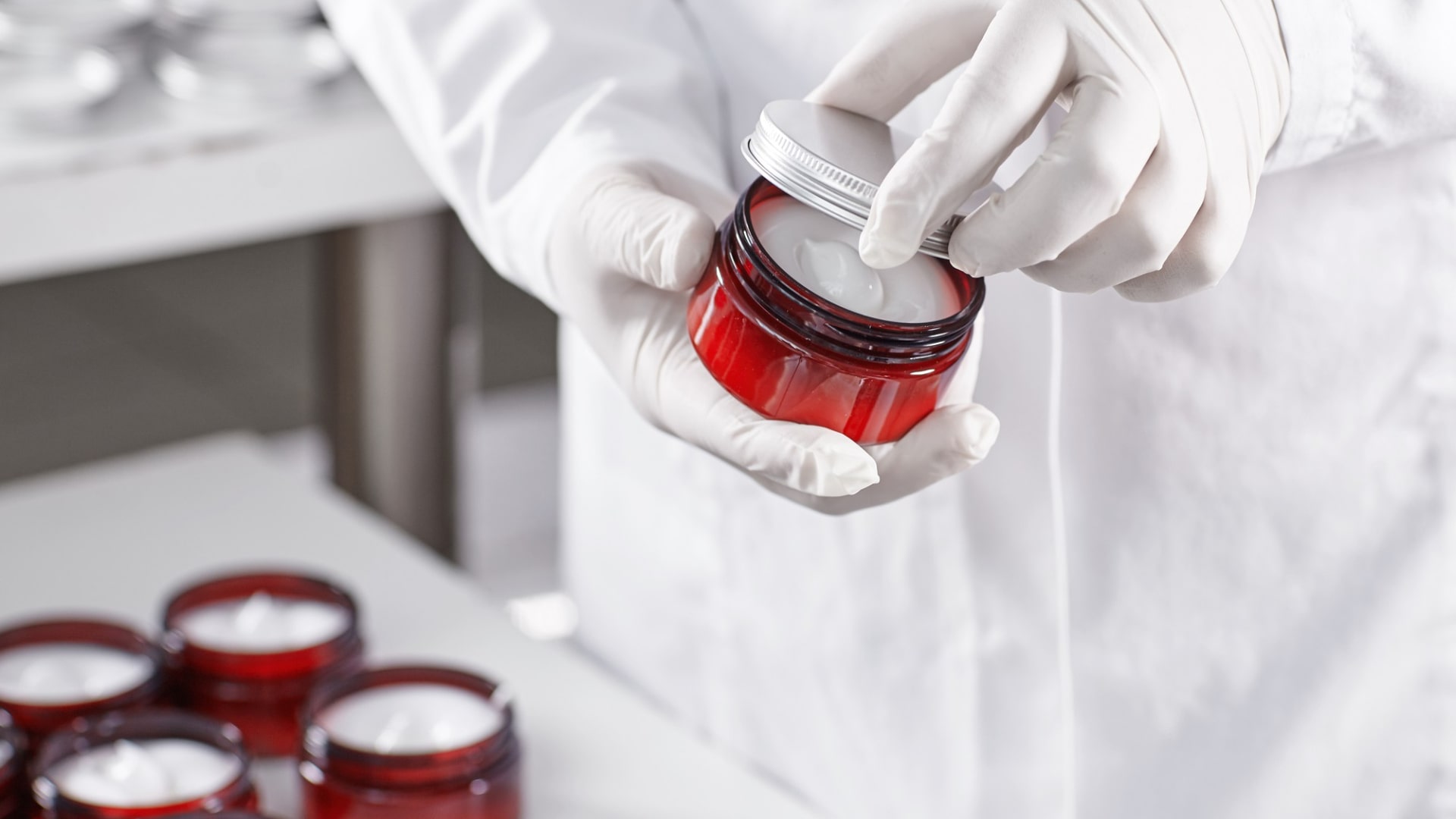
Cosmetics Testing
Cosmetics Testing
We operate a cosmetic testing laboratory that actively collaborates with the cosmetic industry. Our lab routinely supports leading cosmetic brands nationwide, offering a range of essential services including lather, pH, arsenic, microbial, heavy metals, labeling, and import registration testing.
Cosmetic testing involves a range of assessments and evaluations conducted to ensure the safety, efficacy, and quality of cosmetic products before they are made available to consumers. These products include skincare items, makeup, hair care products, fragrances, and more. The primary objectives of cosmetic testing are to verify product safety for human use, assess product performance claims, and comply with regulatory requirements in various jurisdictions.
Safety testing is a fundamental aspect of cosmetic testing, focusing on evaluating potential risks associated with ingredients used in formulations. This includes assessing skin irritation, sensitization potential, eye irritation, and other adverse reactions through laboratory-based studies and sometimes human clinical trials. These tests help determine the safety profile of cosmetics and ensure they do not cause harm when used as directed.
Efficacy testing involves evaluating whether cosmetic products deliver the benefits they claim. This may include tests to measure moisturizing effects, anti-aging properties, UV protection efficacy, or makeup longevity, among others. These studies often involve instrumental measurements and subjective assessments by trained panels or consumer panels to validate performance claims made by manufacturers.
Cosmetic testing also encompasses stability testing to assess how products perform under various storage conditions, ensuring they maintain their integrity and effectiveness throughout their shelf life. Additionally, microbiological testing is conducted to confirm that cosmetic products are free from harmful microorganisms, preventing potential infections or adverse reactions when applied to the skin or near mucous membranes.
Regulatory compliance is crucial in cosmetic testing, as different countries have specific laws and guidelines governing the safety and labeling of cosmetic products. Manufacturers must ensure their products meet these requirements to market them legally. Overall, cosmetic testing plays a vital role in safeguarding consumer health, substantiating product claims, and promoting transparency in the beauty industry.
